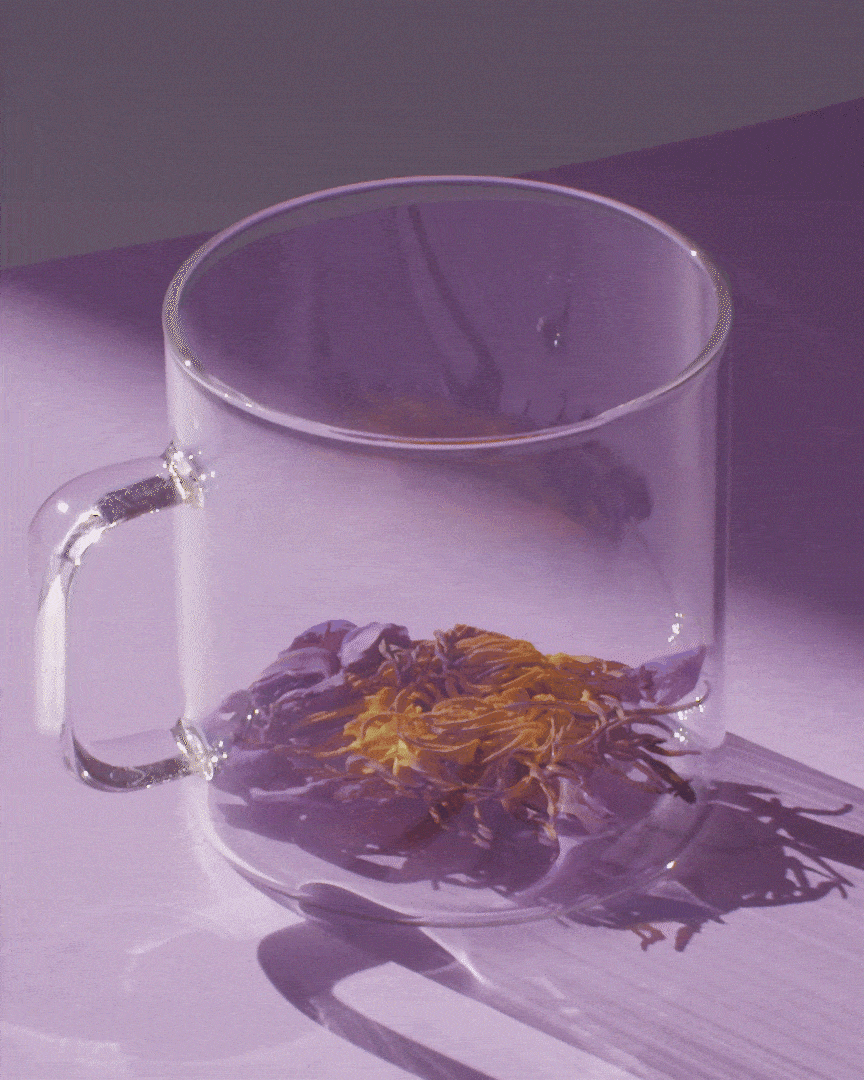Is Blue Lotus Tea the Right Herbal Drink for You?

Blue Lotus tea, made from the beautiful blue lily flower known as Nelumbo nucifera, has a long history dating back to ancient civilizations. This herbal tea offers a unique flavor profile with subtle floral notes and has been associated with various health benefits. In this comprehensive guide, we will explore the psychoactive effects and potential remedies of Blue Lotus tea. Whether you are a tea enthusiast or someone looking for a natural way to relax and improve your well-being, this article will provide you with all the information you need to determine if Blue Lotus tea is the perfect herbal drink for you.
The Origins and History of Blue Lotus Tea
The blue lotus flower, also known as the blue lily, has been revered for centuries in different cultures around the world. Ancient Egyptians considered it a sacred flower and used it in religious ceremonies. The blue lotus was associated with the sun god Ra and was believed to have psychoactive effects. In ancient Egypt, it was used to induce relaxation and enhance sensual experiences. The blue lotus is also deeply rooted in Buddhism, symbolizing creation and spiritual elements.
Understanding Blue Lotus Tea

Blue Lotus tea is made from the dried petals of the blue lotus flower. The petals are carefully harvested and processed to create a fragrant and flavorful herbal tea. When brewed, the tea has a mild and slightly sweet taste with delicate floral undertones. It is often compared to green tea or chai tea, offering a unique and refreshing flavor experience.
The Psychoactive Effects

Blue Lotus tea is known for its psychoactive effects, which can induce a sense of relaxation, heightened awareness, and even euphoria. The flower contains alkaloids and other compounds that interact with the brain’s receptors, producing these effects. Many individuals use the tea to enhance meditation, promote sleep, and explore altered states of consciousness. However, it’s important to note that the psychoactive effects of Blue Lotus tea may vary from person to person.
The Potential Health Benefits of Blue Lotus Tea

Apart from its psychoactive effects, Blue Lotus tea is believed to offer a range of potential health benefits. It is rich in antioxidants, which help combat free radicals and reduce oxidative stress in the body. Blue Lotus tea may also have anti-inflammatory properties, making it beneficial for individuals with conditions such as arthritis. Additionally, some studies suggest that Blue Lotus tea may improve cognitive function and memory retention.
How to Brew Blue Lotus Tea

Brewing Blue Lotus tea is a simple process that allows you to enjoy its unique flavor and potential benefits. Here’s a step-by-step guide on how to brew Blue Lotus tea:
- Start by boiling water and letting it cool slightly.
- Place a Blue Lotus tea bag or a teaspoon of loose Blue Lotus tea into a cup.
- Pour the hot water over the tea and let it steep for 5-7 minutes.
- Remove the tea bag or strain the loose tea leaves.
- Enjoy your cup of Blue Lotus tea as is or add honey or lemon for added flavor.
Tea Varieties and Blends

Blue Lotus tea comes in different varieties and blends, offering various flavor profiles and potential benefits. Some popular options include:
- Pure Blue Lotus Tea: This is the most traditional form of Blue Lotus tea, made solely from the dried petals of the blue lotus flower. It offers a pure and authentic Blue Lotus experience.
- Blue Lotus Chai: For those who enjoy spiced teas, Blue Lotus Chai combines the aromatic flavors of Blue Lotus with traditional chai spices like cardamom, cinnamon, and ginger.
- Blue Lotus Green Tea Blend: This blend combines the earthy flavors of green tea with the delicate floral notes of Blue Lotus, creating a harmonious and refreshing brew.
Is Blue Lotus Tea Safe to Consume?

While Blue Lotus tea has a long history of traditional use, it’s essential to consume it responsibly and be aware of any potential risks. Blue Lotus tea is generally considered safe when consumed in moderate amounts. However, it may cause mild side effects such as drowsiness, nausea, or gastrointestinal discomfort in some individuals. If you have any underlying health conditions or are taking medications, it’s advisable to consult with a healthcare professional before incorporating Blue Lotus tea into your routine.
Where to Buy
Blue Lotus tea can be found online and in select herbal tea stores. It’s crucial to choose a reputable source to ensure the quality and authenticity of the product. Look for organic Blue Lotus tea that is sustainably sourced and free from additives or artificial ingredients. Reading customer reviews and checking the company’s certifications can also help you make an informed purchasing decision.
Read Next: DIY Guide: How to Make Blue Matcha at Home and Why You Should Try It & The Remarkable Health Benefits of SAMe: An In-depth Look
Conclusion

Blue Lotus tea is a unique herbal drink with a rich history and potential health benefits. From its psychoactive effects to its soothing properties, Blue Lotus tea offers a delightful and intriguing experience for tea enthusiasts and those seeking natural remedies. Remember to brew Blue Lotus tea responsibly and consult with a healthcare professional if you have any concerns. So, why not indulge in a cup of Blue Lotus tea and embark on a journey of relaxation and exploration?
Note: The information provided in this article is for informational purposes only and should not be considered medical advice. Please consult with a healthcare professional before making any changes to your diet or lifestyle.





